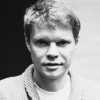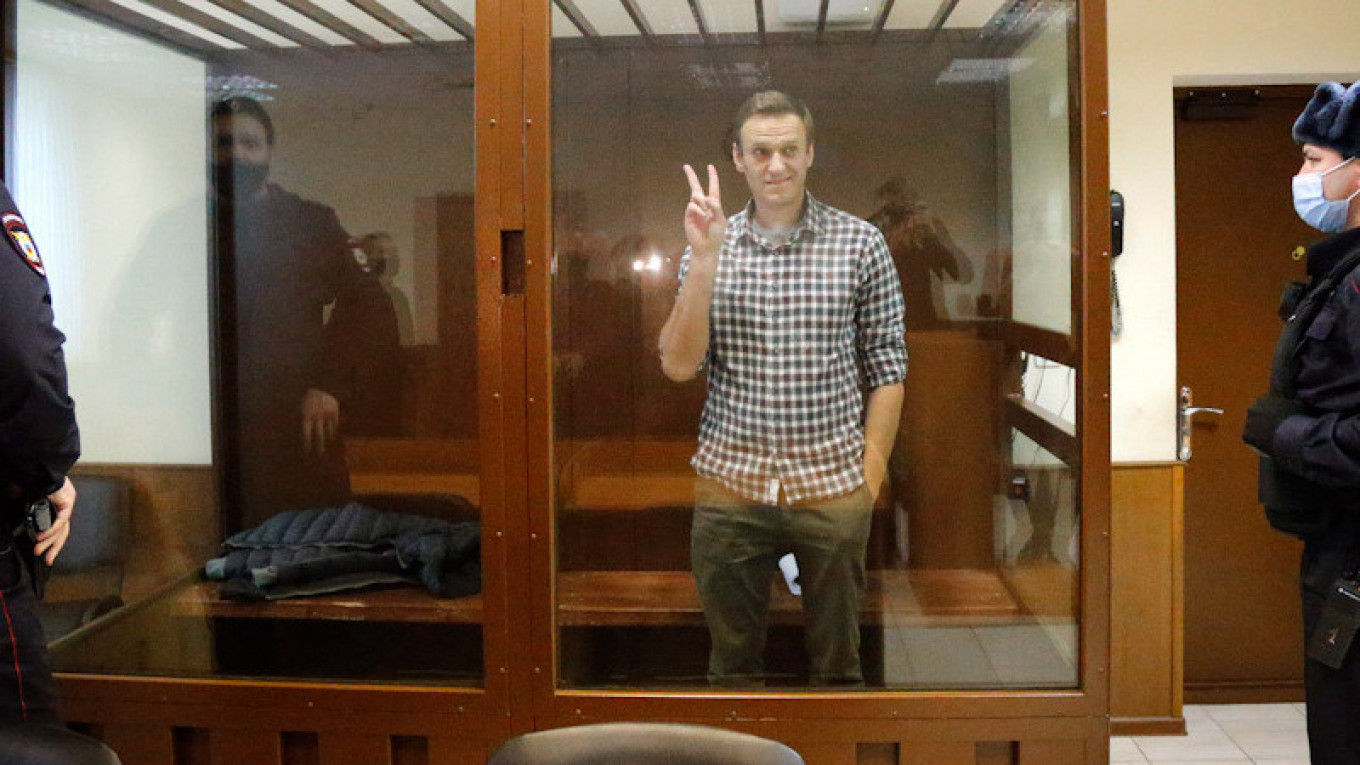The transfer of the imprisoned Russian opposition politician Alexei Navalny to what is reportedly one of the toughest penal colonies in Russia prompted no noticeable outrage beyond the realms of the internet. This time around, no one expects a repetition of what happened after his sentencing in 2013, when he returned to run in the Moscow mayoral election.
The mass protests that followed Navalny’s arrest have been put on hold by their organizers until the State Duma elections this fall, which looks like a bit of a cop-out.
There will be hardly any of his supporters running in those elections, and Navalny’s strategy of smart (tactical) voting will at best simply result in a non-regime-backed candidate winning: there’s no guarantee that that person is necessarily the best candidate. It will be hard to turn that into any kind of nationwide action.
Does this mean that Navalny overestimated his potential when he returned to Russia in January, after months of treatment in Germany following his near-fatal poisoning last year?
Partly: it’s not just the political leadership that can live in an information bubble, but the political opposition too. Both rulers and their opponents want to believe that they are doing good, and that they are telling the truth.
If you spend years insisting that people are on the brink of an uprising, you begin to believe it. Otherwise, you would have to accept that what you had said wasn’t entirely correct. It’s tempting to interpret tens of millions of online views and millions of “likes” as an expression of equally massive offline support.
But Navalny is a product of the tactical voting for which he advocates: many back him as a way to oppose Putin, rather than out of genuine support for Navalny himself.
Still, it’s unlikely that Navalny set off for Russia expecting imminent regime change and a quick ascent to power. An extraordinary situation — his poisoning with a deadly nerve agent; his miraculous recovery; his return to Russia, arrest, and trial — demanded an extraordinary reaction.
Yet even the release of a film alleging that President Vladimir Putin owns an opulent palace on the Black Sea, timed to coincide with Navalny’s return, failed to provoke extraordinary protests, so it was decided to put them on hold.
Navalny’s return and subsequent arrest, two hasty trials, and imprisonment (for missing probation appointments while he was in Germany) are a way of registering his candidacy for the presidency in the only way he is allowed: through voluntary suffering.
During his final statement in his appeal against his imprisonment — held on the same day he stood trial separately for defaming a World War II veteran — Navalny surprised his own followers by quoting from the bible and confessing that he has become religious.
Russian statehood currently rests on two ideological pillars: the Soviet victory in World War II, which functions as a civic religion, and — to a lesser extent — “traditional” values, which the state presents as Christian.
But in Russia, those who resist the omnipotence of the state also have a tradition of appealing to Christian texts and values, including the blessings from the Sermon on the Mount that Navalny cited. This tradition stems from the religious persecution of the Communist regime: unlike in the West, religion is in some ways associated with freedom.
By quoting the bible in his defense, Navalny is joining the Russian intelligentsia tradition of using the gospels to resist autocracy, following in the footsteps of the persecuted Soviet writers Alexander Solzhenitsyn and Joseph Brodsky.
This is entirely at odds with the atheist Bolsheviks, with whom opponents of revolution like to compare Navalny.
It also adds a new dimension to Navalny’s trial for defaming a World War II veteran (the opposition leader had criticized people — including the veteran — who appeared in a pro-Kremlin video last year).
The veteran represents Russia’s great and heroic past, but Russia’s authorities miss no opportunity to emphasize their adherence to Orthodox Christianity, and for any Christian, there can be no greater past than the birth of Christ, his teachings, death, and resurrection.
Of course, some might see in Navalny’s statement a hint at his own brush with death and resurrection, though there is no overt reference to it.
In any case, if the veteran’s position previously looked unassailable, it now has a biblical context. Navalny’s closing statement was an attempt to force the Russian regime to choose between heirs of its two pillars: wartime victory and Christianity.
The regime ignored the challenge, and Navalny was given a fine in the defamation trial. Nor will this new side to Navalny be appreciated by most of his usual supporters, for whom the Church and the gospels are outdated and anathema.
Until now, his image has been firmly that of a leader for Russia’s progressive youth, who is not afraid to mock the past. But now, as he prepared to be silenced for a long time, he was not afraid to appear unfashionable and a little out of touch with young people.
The modified image will be valued, however, by those interested in seeking a middle way for Russian liberalism: an alternative to the oscillation between conservative and stridently anti-clerical regimes.
There is one other crucial aspect of Navalny’s renewed bid for the presidency. Announcing a halt to the protests, the opposition leader’s supporters pledged to concentrate on “diplomatic work.”
By this, they clearly don’t just mean international demands to free Navalny, or attempts to play a role in formulating new sanctions against the Russian elite.
They intend to make his name synonymous in the West with the democratization of Russia.
By deciding to return to Russia and going through the ordeal of prison, Navalny is earning himself the right to exclusive legitimacy in any sudden regime change. After all, who is more worthy of replacing Putin than someone who has suffered so much at his hands?
This article was first published by the Carnegie Moscow Center.
A Message from The Moscow Times:
Dear readers,
We are facing unprecedented challenges. Russia's Prosecutor General's Office has designated The Moscow Times as an "undesirable" organization, criminalizing our work and putting our staff at risk of prosecution. This follows our earlier unjust labeling as a "foreign agent."
These actions are direct attempts to silence independent journalism in Russia. The authorities claim our work "discredits the decisions of the Russian leadership." We see things differently: we strive to provide accurate, unbiased reporting on Russia.
We, the journalists of The Moscow Times, refuse to be silenced. But to continue our work, we need your help.
Your support, no matter how small, makes a world of difference. If you can, please support us monthly starting from just $2. It's quick to set up, and every contribution makes a significant impact.
By supporting The Moscow Times, you're defending open, independent journalism in the face of repression. Thank you for standing with us.
Remind me later.








